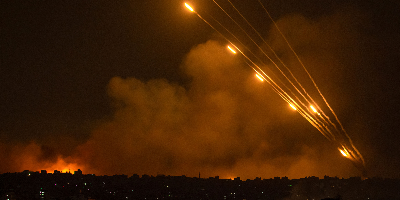may 1, 2015 - Restricted freedom of movement due to checkpoints, the wall, permits, and the blockade and closure of Gaza mean that patients struggle to get medical care. The movement of medical professionals, and vital medical equipment are considered a risk to Israel’s security, and are also restricted by the occupation.
Description:
MAP, a UK medical/human rights group,advocates for medical care in
occupied territory and to "bear witness
to the injustices caused by occupation,
displacement and conflict."
Restricted freedom of movement due to checkpoints, the separation wall, a constrictive regime of permits, and the blockade and closure of Gaza means that patients across the oPt often struggle to get the treatment and care they need. The movement of medical professionals seeking to train and improve their skills, and vital medical equipment deemed a risk to Israel’s security, are often also restricted by the occupation.
Living under occupation brings direct risks to health and life for the 4.8 million residents of the oPt, including violent attacks from illegal Israeli settlers, death and injuries at protests, and the frequent destruction of homes and infrastructure. This constant insecurity, and the protracted nature of the crisis, threatens to deplete the resilience of communities.
The United Nations (UN) has identified more than 1.45 million Palestinians across the oPt requiring health-related humanitarian assistance in 2021, two-thirds of them in Gaza and one third in the West Bank.
Added to timeline:
Date:
may 1, 2015
Now
~ 10 years ago
